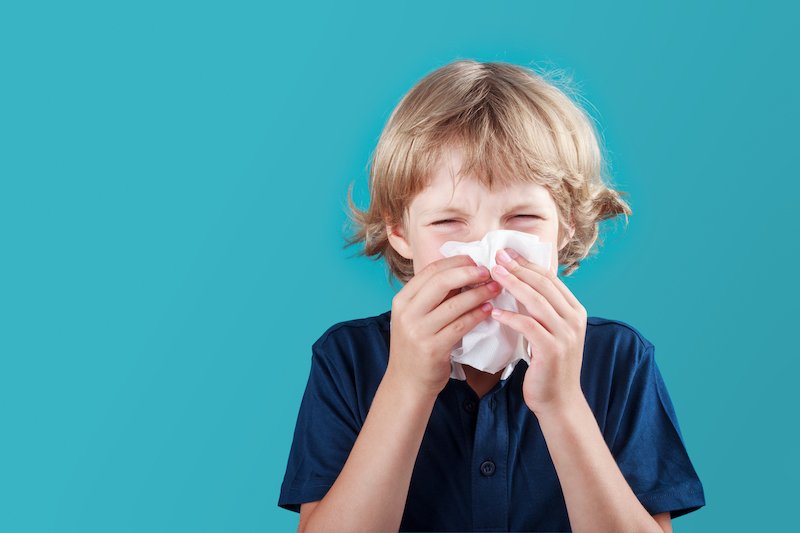Children are currently not considered ‘high-risk’ when it comes to coronavirus, but they can endanger the lives of older, vulnerable Australians if they contract it and pass it on. But what do parents need to teach their children during COVID-19
The experts at 13 DOCTOR have put together a guide for parents with advice on how they can help protect their children and the community.
Healthy hygiene habits
It’s always important to teach and encourage your child to engage in good hygiene practices, but it’s especially important during the COVID-19 outbreak.
Washing hands
Be sure your child washes their hands properly with the following steps:
- Wet your hands with clean running water
- Add soap
- Rub your palms together and in between all your fingers for 20 seconds
- Rinse with more clean running water
- Dry with a clean towel or paper towel.
Keeping a simple handwashing poster in the bathroom can help small children to remember this process.
Most importantly, ensure your child knows they should wash their hands frequently, especially:
- Before and after eating
- After going to the toilet
- After playing with others, and outside
- After sneezing, coughing, and blowing their nose
- After touching pets
- Before and after touching a cut or open wound.
Coughing, sneezing and nose-blowing
Teach your child the importance of always covering their coughs and sneezes, and when blowing their nose:
- Use a tissue and put it in the bin
- Cough and sneeze into a bent elbow
Keeping kids at home
If your child’s school is cancelled, or your child is required to be placed in self-isolation:
Stay aware of symptoms
Along with monitoring your child for symptoms of COVID-19, help them stay aware of when to ask for help by looking out for:
- Cough
- Fever
- Sore throat
- Tiredness
- Difficulty breathing.
If your child develops these symptoms seek medical advice. Before going to a GP or hospital always telephone ahead. If you to see and speak to a doctor to get advice you can also organise a telehealth consultation through and online doctor.
Keep them occupied
Your child does not have to avoid all activities if they are required to stay at home. Alongside usual indoor play, the following activities can help to curb boredom:
- Arrange for homework to be emailed from your child’s school
- Play in the backyard (but only with others in isolation)
Informing your child
Help children understand the coronavirus and why they’re not allowed to go to school or out in public. Be sure to provide helpful information (such as symptoms, a general explanation of the virus, and how the virus can be prevented) in a way that is age appropriate.
We hope this article about what parents need to teach their children during COVID-19 was helpful.
